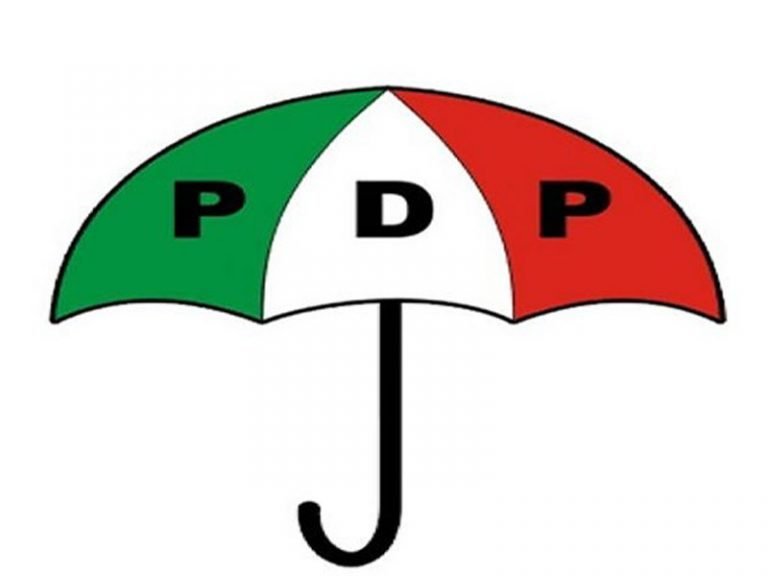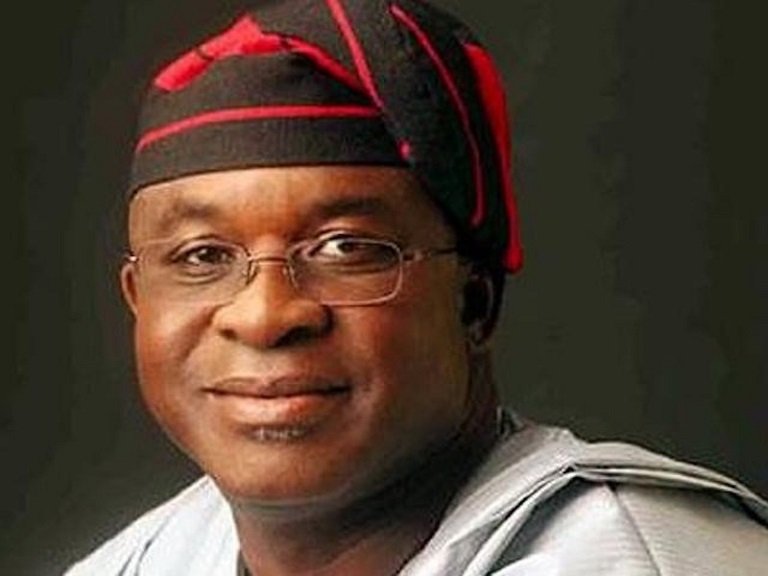The Vice President of Dangote Industries Limited, Devakumar V.G. Edwin has voiced frustration over the boycott of Dangote Refinery’s products by local marketers, noting that despite the Dangote Refinery’s substantial production capacity, local marketers are purchasing only about 3% of its output.
In an X space hosted by Nairametrics on Wednesday, Edwin disclosed that despite the refinery’s efforts to offer affordable petroleum products, many Nigerian traders continue to import refined products rather than sourcing from the local refinery.
“The whole purpose of doing this refinery in Nigeria was to utilize our local crude instead of exporting raw materials and importing finished products.
“We should be able to refine and use the finished products within Nigeria and produce more to export the surplus,” he explained.
The remaining 97% of the refinery’s production, which includes diesel and jet fuel, is being exported.
This exportation is a result of a boycott by local traders who refuse to buy at the refinery’s lower prices.
Consequently, the refinery has been compelled to focus on international markets, despite its original goal of supplying the Nigerian market.
Edwin said: “I’m selling 2 to 3% to small traders who are willing to buy, while the rest 95 to 97% I’m forced to export,” while speaking about the quantity of the refinery’s Products sold locally.
He suggested that some marketers are intentionally obstructing the refinery’s operations by choosing to import products rather than support local refining.
He also revealed that local marketers have written to President Bola Tinubu to express their concerns about the refinery’s pricing strategies.
“They wrote to His Excellency, the president, claiming that we are disturbing the market by dropping our prices,” Edwin disclosed.
Edwin further said since that local marketers have been blocking the distribution of their products within the country, the refinery has been exporting most of its petroleum products.
He noted that the Dangote Refinery has the capacity to produce up to 54 million liters of refined petroleum products per day, depending on the availability of crude oil.
However, inconsistent local crude supplies have forced the refinery to depend on imported crude from countries like the U.S. and Brazil.
This challenge is compounded by international oil companies (IOCs) prioritizing foreign markets, often selling crude oil at prices significantly higher than what local buyers can afford.
He emphasized that the refinery’s production capacity is more than adequate to meet Nigeria’s petroleum needs, with just 44% of its output being sufficient to cover the country’s entire demand for refined products.
The Dangote Refinery, which began operations in March, supplied diesel and aviation jet fuel in April. It is now expected to start supplying premium motor spirit (PMS) this month (September).











